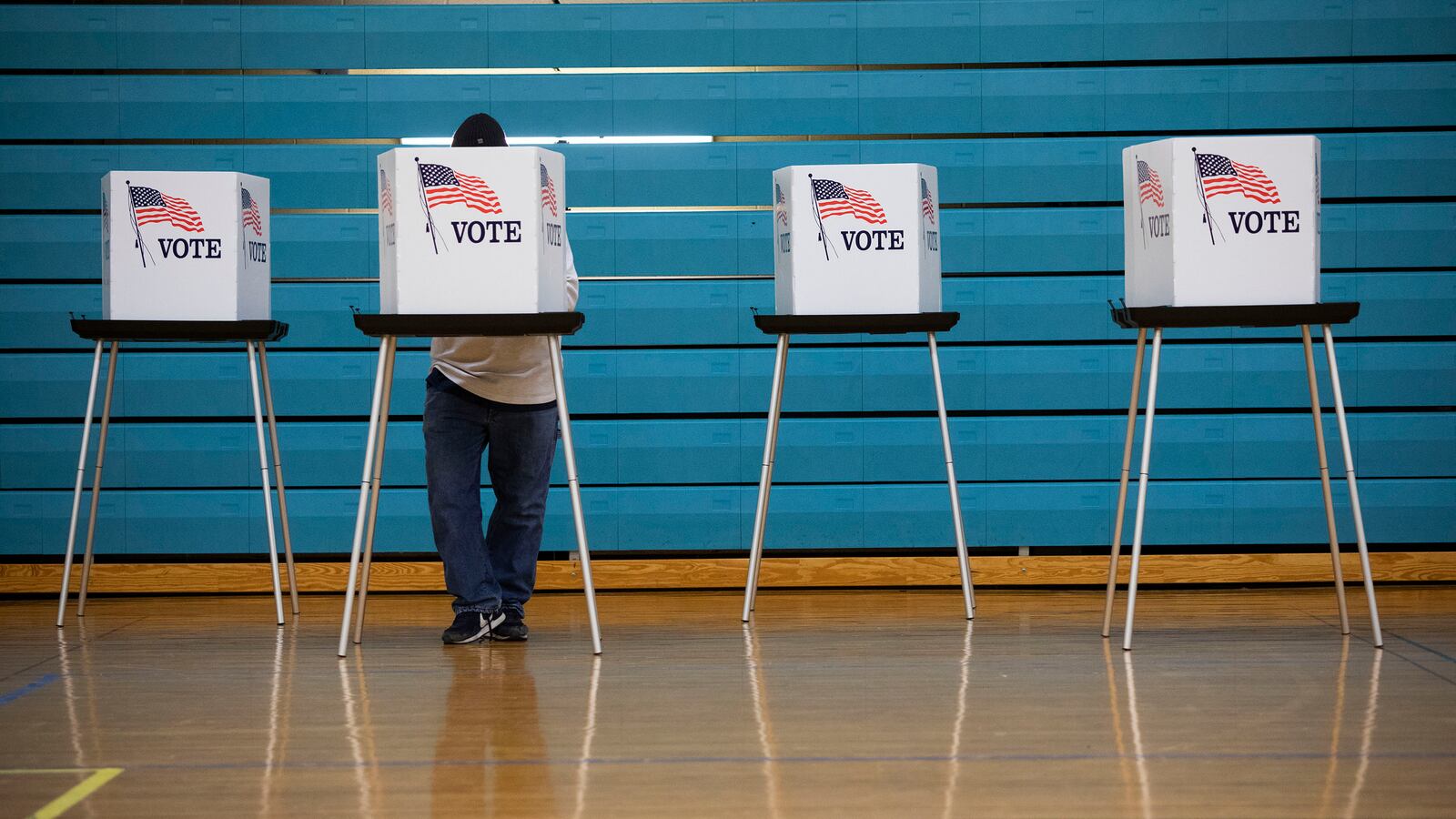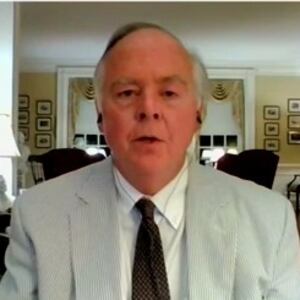In his first inaugural address in January 1981, Ronald Reagan came out swinging. His punching bag? The very thing he was part of.
“In this present crisis, government is not the solution to our problem; government is the problem,” Reagan said. “From time to time, we’ve been tempted to believe that society has become too complex to be managed by self-rule, that government by an elite group is superior to government for, by, and of the people. Well, if no one among us is capable of governing himself, then who among us has the capacity to govern someone else?”
Reagan’s trumpeting of small-government conservatism was, of course, an echo from the campaign trail. But this was still an extraordinary thing to hear from someone who, only moments earlier, took the oath to become president of the United States.
For one thing, why would someone poised to lead the U.S. government go out of his way to challenge the authority of that same institution?
More than 40 years later, the “capacity” of government is still a matter of debate for many Americans. Are we best served by more government or less government? Whenever there is a government shutdown, or the threat of one, as there was recently, there is always a contingent of Americans—far away from the Potomac—who are in no hurry for the wheels of government to start turning again. Millions of others despair, fearing they will be denied benefits like food stamps.
The entire American political system is predicated on the assumption that our society’s problems can be solved by electing the right people to enact the right policies at the right time. With the right leaders, the argument goes, we can build a better society.
What if that is total nonsense? What if the government cannot solve our problems by passing trillion-dollar spending bills, but only create new ones?
This may seem like a stale debate, and I might even sound like a 1990s Republican right about now. But even as massive new government programs have been implemented, from pandemic relief to climate change aversion, Americans in both parties remain leery of their government.
Which suggests our political class is as disconnected as ever from the rest of us.
For more than 20 years, Gallup has asked Americans to name what they see as the nation’s biggest problem. Nine times since 2001, the No. 1 worry was the economy. In 2002, a year after the Sept. 11 attacks on the World Trade Center and the Pentagon, the issue that was seen by most Americans as our biggest problem was—not surprisingly—terrorism. From 2004 to 2007, the biggest problem, people said, was the Iraq War.
This year, a host of familiar topics—crime, inflation, gas prices, immigration, COVID-19, race relations, etc.—have generated public concern. But the top spot in Gallup’s latest survey went to that one entity that is supposed to help us solve all the other issues. This year, for the seventh time in the last decade, Americans concluded that the greatest problem facing the country is our very own government.
Nearly one in five Americans—19 percent—singled out some aspect of government as their top concern, the survey found. This is actually a slight improvement on recent years; in 2021, 20 percent of Americans listed government as the nation’s top problem, and in 2019, the figure was as high as 27 percent. As Gallup points out, “the government” is a broad category that could include anything from President Biden to members of Congress, from sniping partisanship to legislative gridlock. It could even mean that many Americans are disappointed with the quality of service they receive from government offices, or that more people are concerned about the direction in which the country is headed.
Overall, it’s a safe bet that many of those dissatisfied individuals believe that the U.S. government isn’t fulfilling its primary responsibility: to serve, protect, and care for its people.
In one regard, that’s a perfectly reasonable concern. And this public discontent need not rise to the dangerously seditious level of anti-government sentiment that the country experienced on Jan 6, 2021. Questioning the government is one thing; taking up arms and trying to violently overthrow it is quite another.
It’s hardly surprising that Republicans were more likely than Democrats to see the government as the country’s biggest problem. This is the lifeblood of conservatism. Twenty-five percent of Republicans reached that conclusion, compared to just 18 percent of Democrats.
Let’s be clear. Skepticism in government can be a good and necessary thing. In fact, it can be quite healthy in a constitutional republic such as ours. We don’t want the public to automatically sign on to everything the government does, or tune out to the point where the government operates without any oversight. It’s worth remembering the governing principle that Thomas Jefferson borrowed from the English philosopher John Locke: that the institution of government derives its authority from the people and thus it should always be held accountable by the people.
Despite all that, it is still troubling that so many Americans are so upset with a government that is supposed to represent them and work on their behalf. If people want to be angry—and let’s face it, these days, a big chunk of the population is always angry about something or at someone, even for no reason—they should instead focus that anger not at the government, but at the people who are running it.
They also need to do so without resorting to threats or violence, which often seem to target both lawmakers and their families in this era. I’m talking about voting people out of office, not harming them.
Make no mistake. It is our elected officials—too many of whom are consumed with re-election but unconcerned with keeping promises—who are giving the institution of government a bad name. They’re the real problem, and they should be peacefully ushered into retirement.
Americans don’t have to give up on their government. They just need to take more seriously the hiring process that occurs with every election.
Of course, as the George Santos debacle in New York is currently demonstrating, it wouldn’t hurt if the opposition and the press pointed out before the votes are cast that a candidate is a liar and a fraud.
Usually, voters have to wait until after a politician has been in office for a while before reaching those conclusions.






